
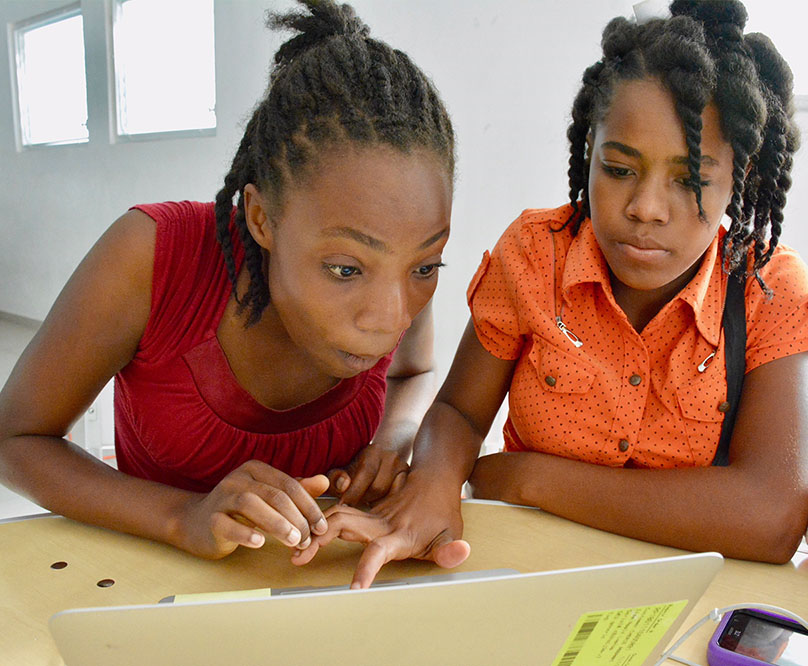
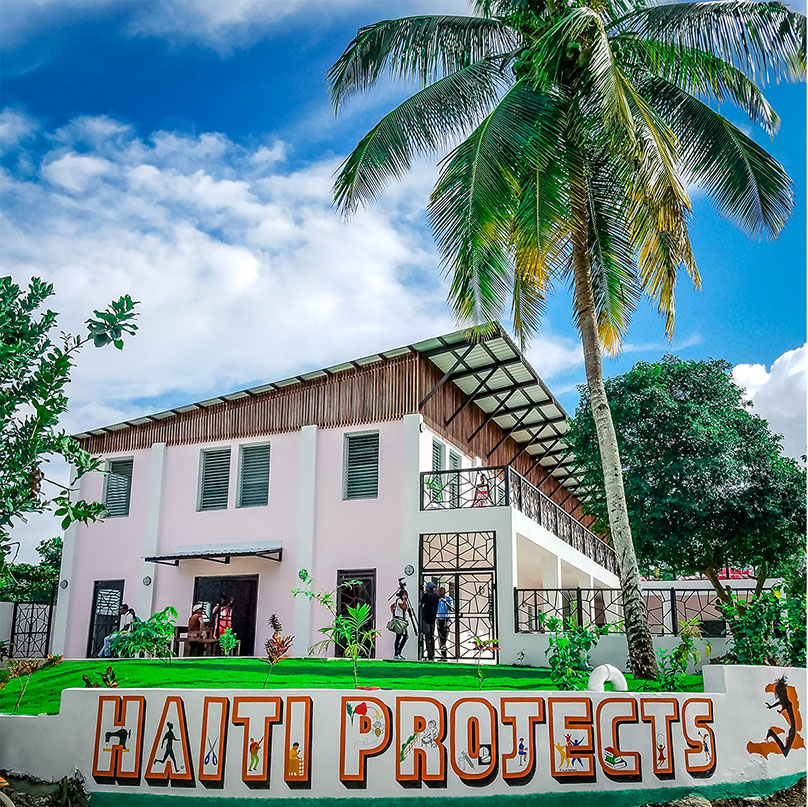
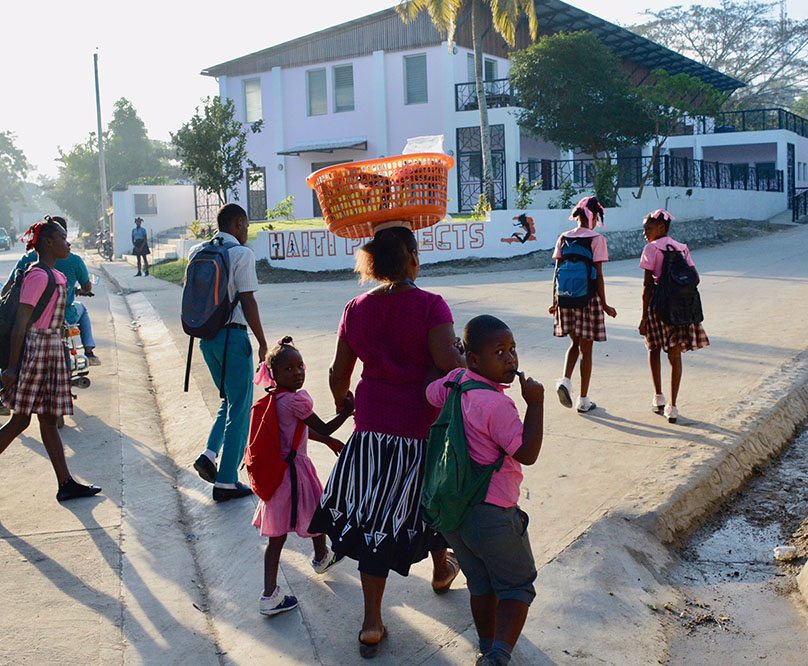
PROJECTS
Haiti Projects Library
The Haiti Projects Library in Fond des Blancs is a vital educational hub that serves as one of the few accessible resources for knowledge and skill-building in this rural region. Stocked with books on a variety of topics, including science, history, literature, and vocational skills, the library fills an educational gap in an area with limited access to quality schooling. By offering resources to both children and adults, the library supports literacy development, academic progress, and lifelong learning. Programs such as reading circles and tutoring sessions further enrich the learning environment, providing structured opportunities for students to advance their skills and discover new areas of interest.
Haiti Projects Library - Technology
In addition to traditional learning resources, the library is equipped with computers and internet access, making it a rare digital resource in the community. Training programs in basic computer skills and digital literacy introduce both youth and adults to essential technology, bridging the digital divide in Fond des Blancs. This access enables students to expand their studies, job-seekers to explore new employment opportunities, and community members to stay connected to broader global resources. By supporting literacy, technology skills, and community engagement, the Haiti Projects Library is a transformative space that empowers individuals and strengthens the community as a whole.
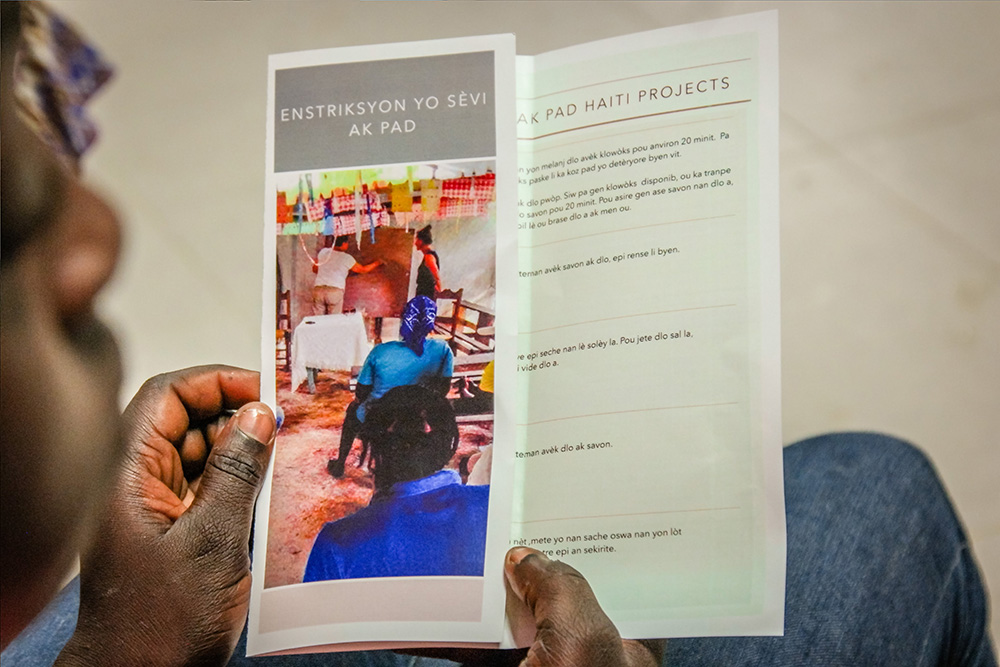
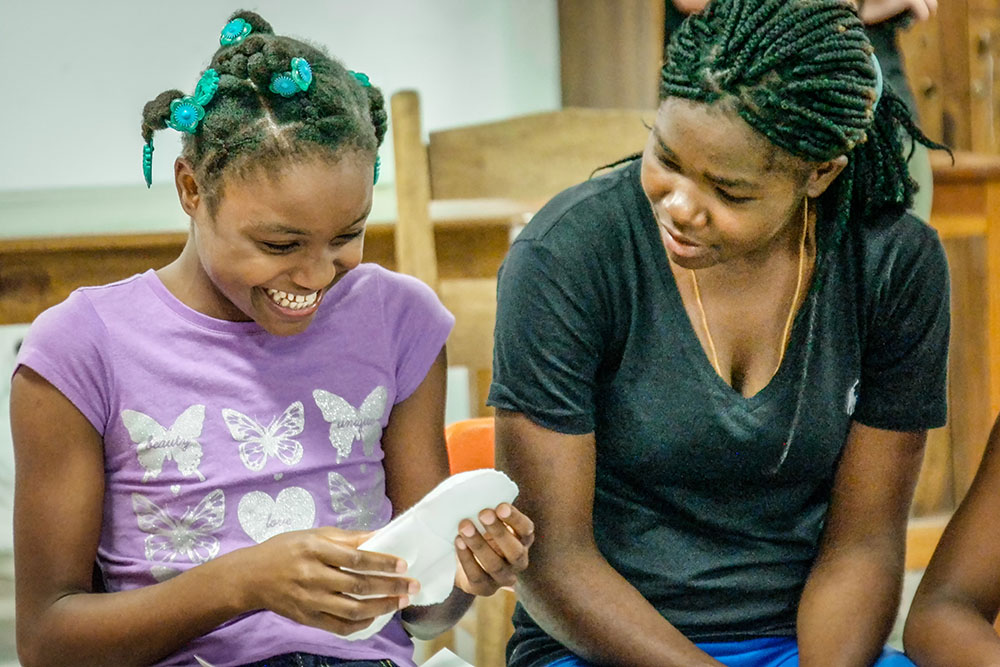
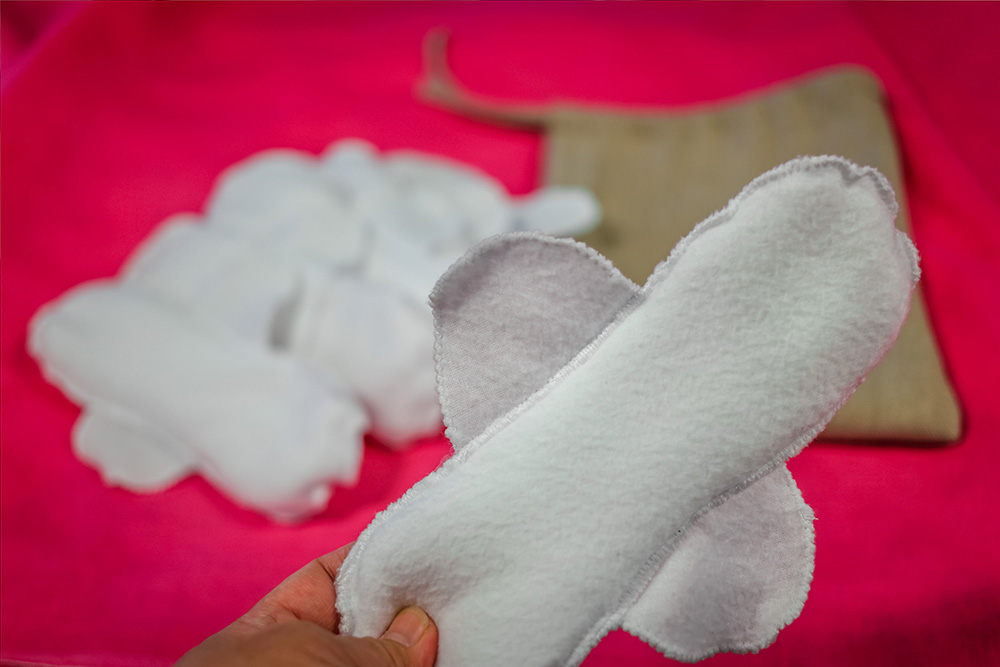
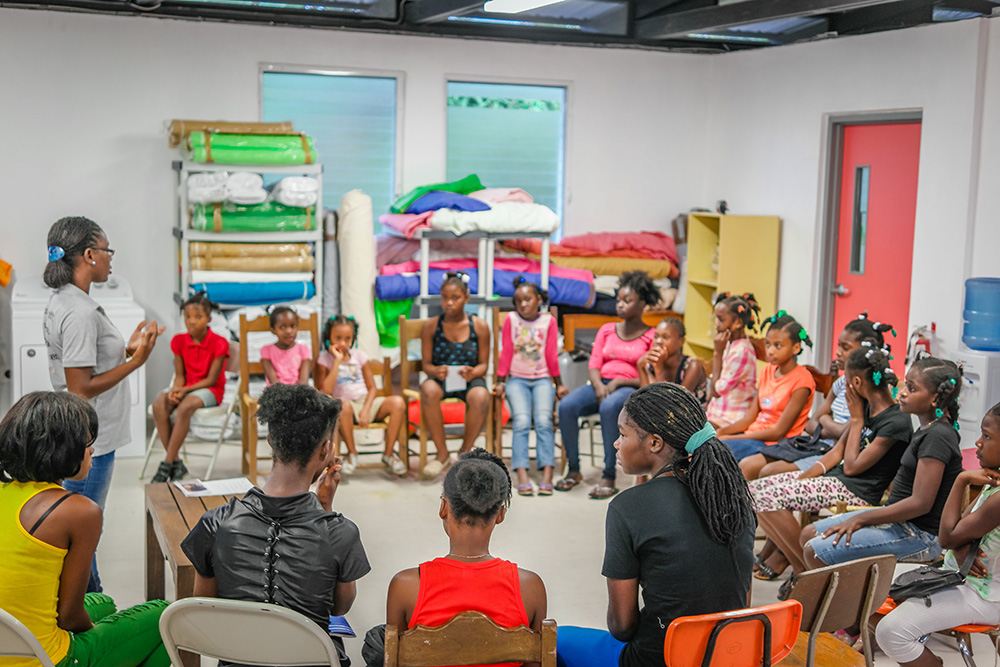
Haiti Projects Menstrual
Health Initiative
The Haiti Projects menstrual health initiative was one of Cherie Miot Abbanat’s signature efforts, addressing a critical need for affordable and accessible menstrual products in Fond des Blancs. Recognizing that a lack of resources and education around menstrual health limited girls’ ability to attend school and engage confidently in daily life, Cherie spearheaded this project to provide reusable, locally-made menstrual pads. By offering these products at little or no cost, the initiative helped reduce the financial and logistical burdens associated with menstrual health. This project went beyond supplying necessary items—it created a solution for a significant social barrier, empowering young girls to participate fully in their education and community activities.
In addition to providing resources, the menstrual health project prioritized education, offering workshops on menstrual hygiene and reproductive health in a comfortable, supportive environment. These sessions aimed to dispel misconceptions and foster open conversations about health, equipping girls with knowledge they could use to make informed decisions. The project also trained local women in pad production, creating economic opportunities while supplying an essential product to the community. Through this initiative, Cherie Miot Abbanat helped pave the way for greater dignity, education, and economic growth, leaving a lasting impact on Fond des Blancs and setting a powerful example for health advocacy and empowerment in rural Haiti.
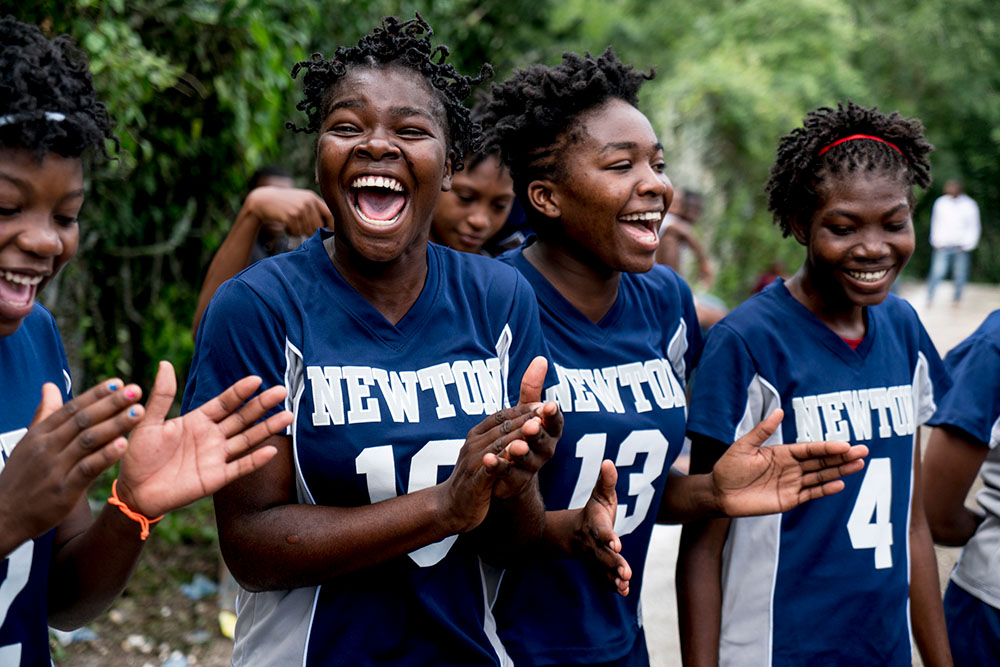
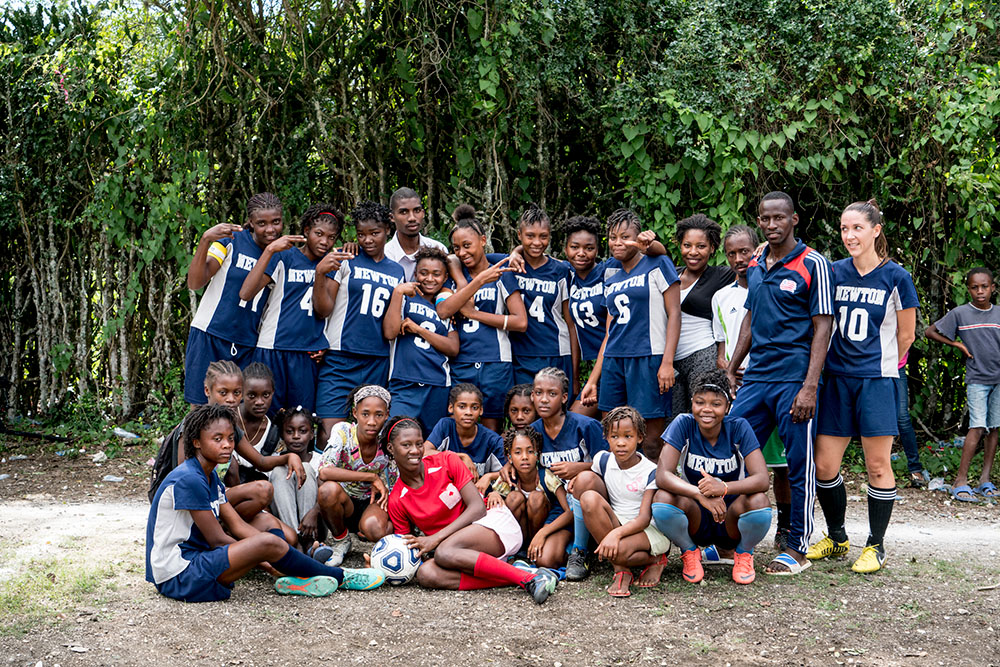
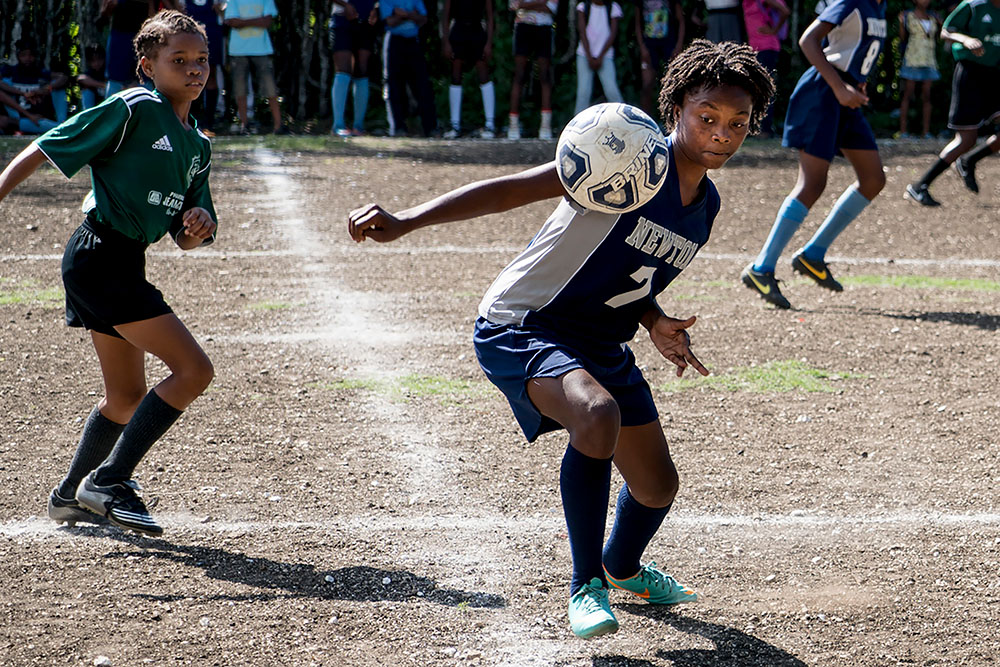

All Girls Soccer Team
The Haiti Projects all-girls soccer program in Fond des Blancs provides young girls with a safe and empowering space to develop physical skills, build confidence, and foster teamwork. In a region where opportunities for girls in sports are limited, this program serves as an innovative approach to breaking down traditional gender barriers. Through regular practices and mentorship, girls not only gain valuable athletic abilities but also learn critical life skills, such as leadership, resilience, and the importance of supporting one another. Soccer becomes a tool for personal development, offering participants a sense of pride and identity within their community.
Beyond the physical and mental benefits, the all-girls soccer program is a platform for promoting health and hygiene education. Leveraging sports to draw in young girls, Haiti Projects incorporates workshops on topics such as menstrual health, hygiene, and nutrition. These sessions are especially valuable in rural areas where access to health education is limited. By providing a space where girls feel comfortable discussing these topics, the program helps destigmatize important health issues and empowers participants to take charge of their well-being. This holistic approach makes the soccer program more than just a sports initiative—it’s a catalyst for personal growth, health awareness, and gender equality in Fond des Blancs.
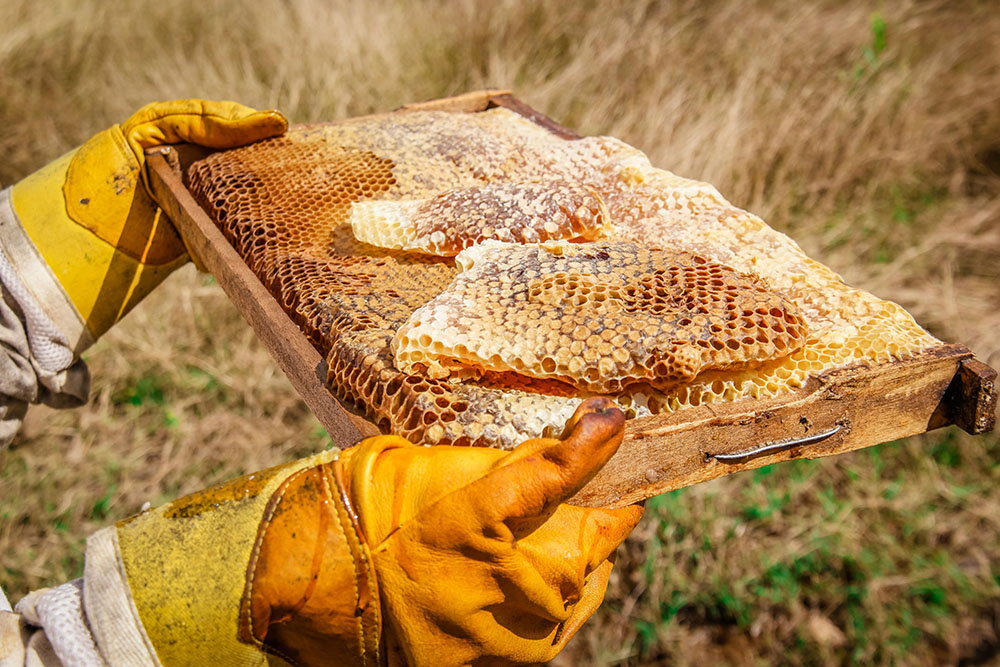
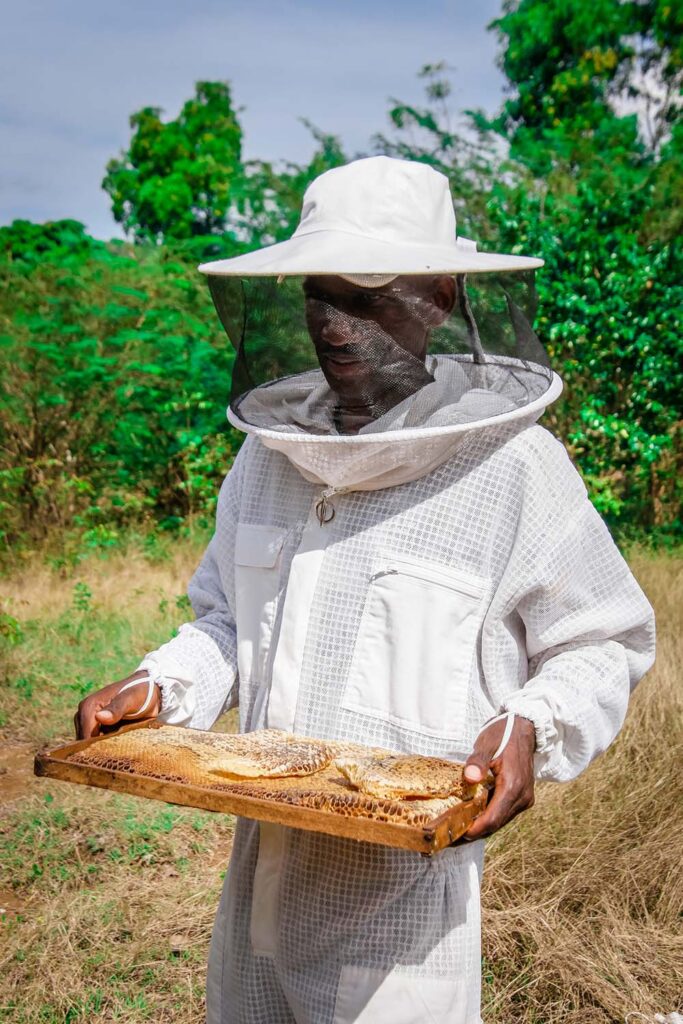
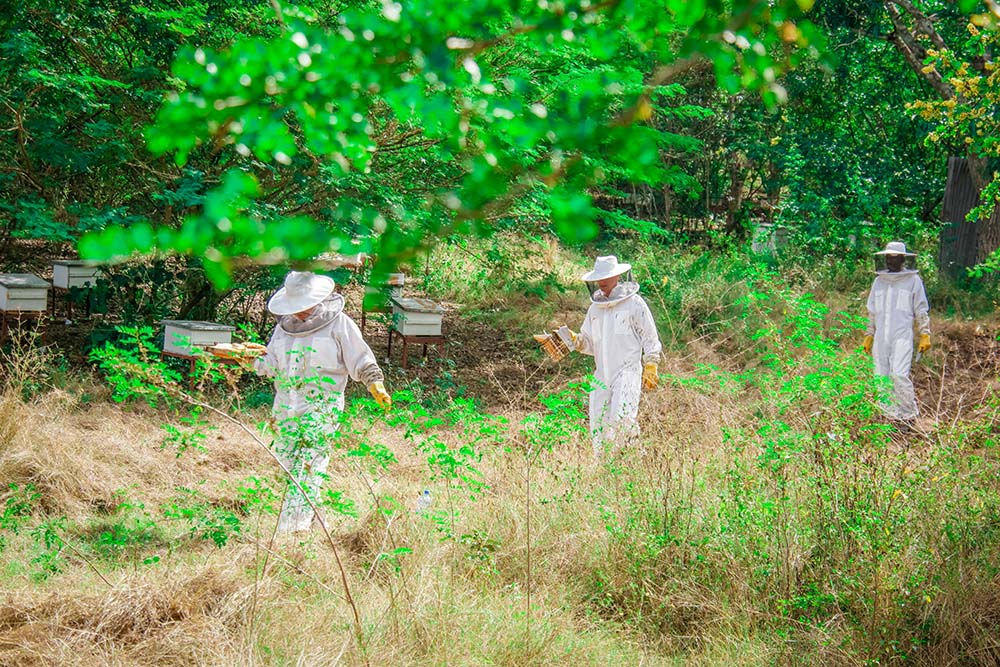
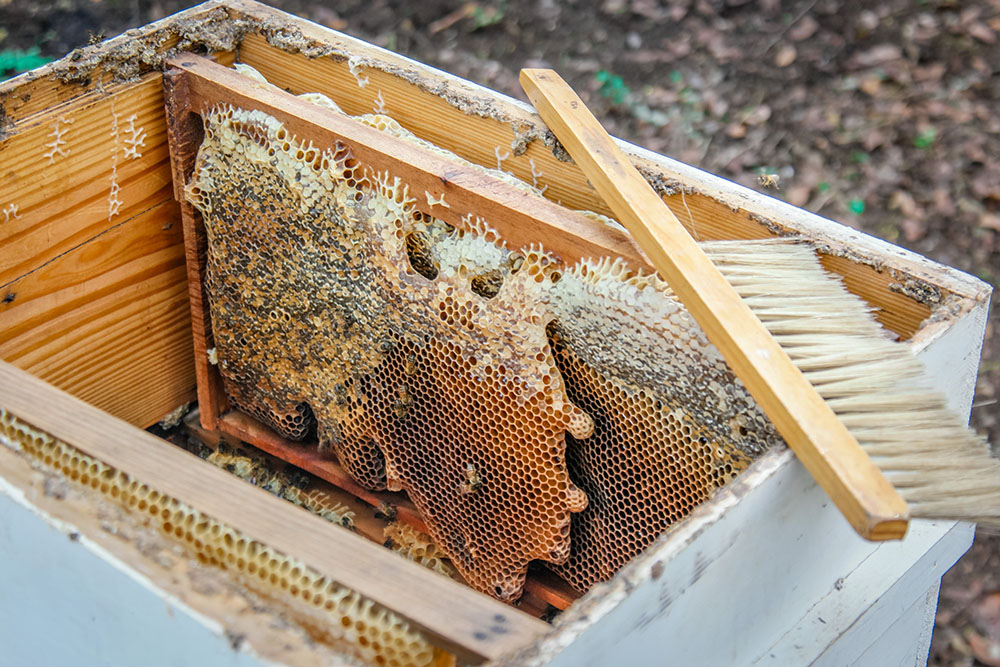
Haiti Projects Bee Keeping Project
In 2014, Cherie, as part of Haiti Projects, Inc. created and found funding for an all-women’s beekeeping team in Fond des Blancs, Haiti. This project was the first of its kind in the region. Before the Haiti Projects Beekeeping project, there were no women beekeepers, as this work was considered the work of men only. The beekeeping project was funded by UMCOR and designed to give women an additional source of income that was passive, meaning that they could attend to their duties as farmers, sellers, and artisans at the Haiti Projects artisan collective, while they also kept their hives. Haiti Projects, located in Fond des Blancs, Haiti is focused on empowering women in rural Haiti and, among its many projects, owns and operates 112 hives at its demonstration site and has trained 60 women become beekeepers in groups of 10. Haiti Projects also visits 300 school children, teaching about the importance of bees to the environment.
Once fully productive, an average beehive can generate the equivalent of 7.5 gallons (90 lbs) of surplus honey a year, although there are many factors that can result in higher or lower yields, such as the availability of pollen and water as well as the health of the colony. If the total surplus honey were sold to the local market at $25/gallon, one bee colony would generate $187.50 per year. For every ten pounds of honey produced, a colony produces an average of one pound of wax, which can be sold locally for $4 per pound or $36 per colony. So, altogether, a well-trained beekeeper can make up to $223.50 per year per colony. This is enough to buy a new hive and the colony can be split in half, as long as there is a new queen, allowing a doubling of beekeeping income within two years.
Once Haiti Projects had trained about one-hundred women beekeepers, Haiti Projects joined a consortium of organizations, already active on the ground in Haiti, to develop and test a microfranchise model designed to develop beekeeping as a scalable and profitable activity for small-holder farmers, particularly women, as a way to augment farm income in a way that does not require increased farm size.
The partners include:
- Food for the Poor, which has provided in-kind support to over 1,000 beekeepers across many regions all over Haiti;
- Prosperity Catalyst (PCat), working through its local partner, Fanm Limye (Illuminated Women), which had helped over 500 farmers (65% women) learn or improve their beekeeping skills in five communes of Western Haiti;
- The foundation arm of Fonkoze, which was already working in partnership with Prosperity Catalyst to pilot small loans for beekeepers to purchase tools and equipment to start and expand their beekeeping activities.